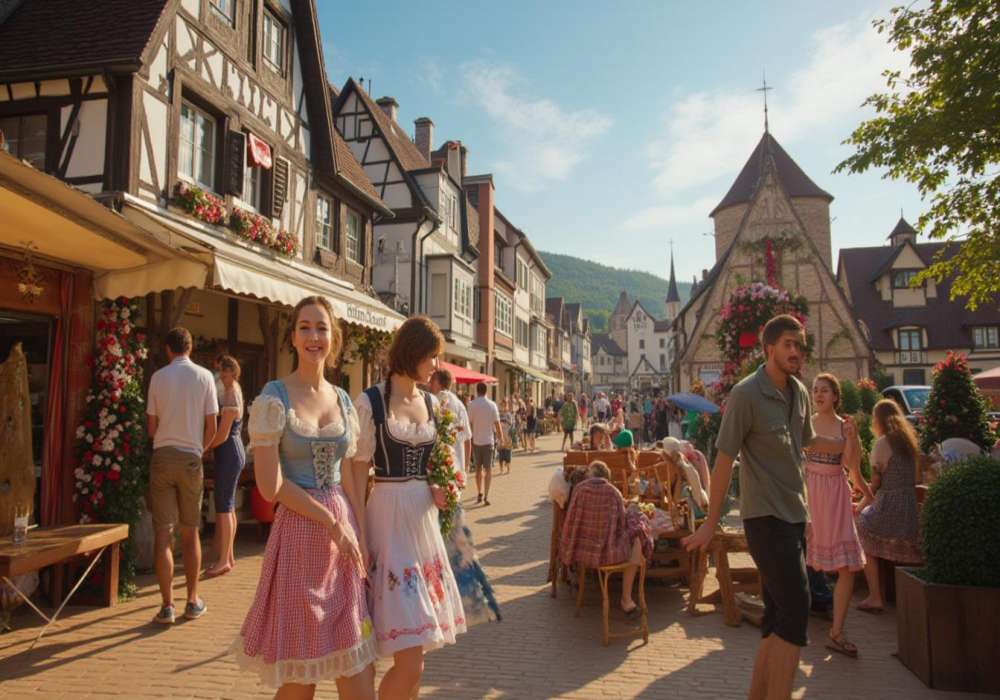
Last Updated At: 19-Sep-2025
Culture of Germany | Exploring Faith's Influence on German Culture
The culture of Germany is a rich tapestry woven with a myriad of traditions, expressions, and artistic endeavours that have shaped its identity through the ages. From the savoury delights of German cuisine to the vibrant celebrations of cultural festivals and the intricate beauty of traditional crafts, Germany's cultural landscape is as diverse as it is captivating.
Cultural festivals in Germany burst forth with vitality and colour, bringing communities together to celebrate their shared heritage. From the lively Oktoberfest in Munich to the magical Christkindlmarkt during the holiday season, these festivals embody the spirit of unity and celebration. They offer a glimpse into the heart of German culture, with traditional music, dance, and customs coming to life in a joyous display. Alongside the vitality, the festivals also provide a platform for preserving cultural values, ensuring that traditions are passed down to the next generation.
Culture of Germany | The Melodic Heartbeat of German Culture
A deep reverence for heritage and craftsmanship is evident in German traditional crafts. From delicate porcelain to intricately carved woodwork, these crafts speak of time-honoured skills and a commitment to preserving past generations' artistry. The meticulous attention to detail and the dedication to maintaining these crafts showcase the importance of continuity in a world that constantly evolves. Each piece carries the essence of German culture, serving as a tangible link to the nation's history and an embodiment of the spirit of innovation within tradition.
- Religious Practices of Germany |Exploring Germany's Rich Religious Practices
- Films and Literature | The Intersection of Films and Literature in Germany
- Architecture of Germany | Unveiling the Architectural Marvels of Germany
- Harmonising Tradition | A Journey through German Traditional Music
- Savouring Heritage | A Taste of German Cuisine
- A Year of Celebrations | Cultural Festivals that Define Germany
- Crafting Identity | Exploring German Traditional Crafts
- From Waltzes to Jigs | The Diversity of German Dance Forms
- Preserving the Past | Cultural Heritage of Germany
- Threads of Tradition | Unveiling Traditional Clothing in Germany
Read More: Best Tourist Places to Visit in Germany
1.Religious Practices of Germany | Exploring Germany's Rich Religious Practices
Germany's religious landscape is a tapestry woven with various faiths and traditions that have evolved over centuries. The country is known for its diverse spiritual practices, reflecting its historical and cultural influences. Christianity, primarily in its Protestant and Catholic forms, has significantly shaped Germany's religious identity. Protestantism, stemming from the Reformation led by Martin Luther in the 16th century, has deeply influenced the northern regions, while Catholicism remains strong in the southern parts of the country.
Beyond Christianity, Germany is also home to various minority religious communities, including Judaism, Islam, Buddhism, and Hinduism.
2. Films and Literature | The Intersection of Films and Literature in Germany
The world of German arts is rich with a blend of cinematic and literary achievements. German literature boasts a legacy encompassing Johann Wolfgang von Goethe's "Faust" and the works of Thomas Mann, Hermann Hesse, and Franz Kafka. These authors have profoundly impacted global literature, exploring themes of existentialism, human nature, and societal critique. In cinema, German filmmakers have made indelible marks on the industry. From the Expressionist cinema of the 1920s, with classics like "Nosferatu" and "Metropolis," to the contemporary achievements of filmmakers like Werner Herzog, Wim Wenders, and Fatih Akin, German cinema showcases a unique blend of innovation and reflection.
3. Architecture of Germany | Unveiling the Architectural Marvels of Germany
The architecture of Germany reflects its rich history, with diverse styles that have left their mark on the landscape. Romanesque and Gothic styles can be seen in cathedrals such as Cologne Cathedral. At the same time, the Renaissance and Baroque periods have given rise to stunning palaces and buildings like Heidelberg Castle and Zwinger Palace in Dresden. The Bauhaus movement, born in Germany, revolutionised modern architecture, emphasising functionality and minimalism. The country's contemporary architectural achievements include the Brandenburg Gate, the Reichstag Building, and the innovative designs of the Berlin Hauptbahnhof. Germany's architectural legacy is a testament to its evolution through various eras and artistic influences.
4. Harmonising Tradition | A Journey through German Traditional Music
German traditional music is a symphony of history and culture. From the haunting melodies of Gregorian chants in mediaeval monasteries to the vibrant polkas and waltzes of Bavarian folk music, Germany's musical landscape is diverse and rich. Classical music giants like Johann Sebastian Bach, Ludwig van Beethoven, and Richard Wagner were German composers who shaped the course of Western music. Their works and those of contemporary artists and modern genres showcase Germany's musical prowess.
5. Savouring Heritage | A Taste of German Cuisine
German cuisine is a captivating amalgamation of flavours and culinary traditions cultivated over centuries across various country regions. It reflects the diverse landscapes, historical influences, and local ingredients that have shaped how people eat in different parts of Germany. Certain dishes have become iconic representatives of German gastronomy in this rich tapestry of tastes. Hearty sausages, such as bratwurst and currywurst, are beloved nationwide. These savoury treats are often paired with tangy mustard and sauerkraut, a fermented cabbage dish that provides a delightful contrast of flavours. Another staple is the schnitzel, a breaded and fried meat cutlet, typically served with a squeeze of lemon.
6. A Year of Celebrations | Cultural Festivals that Define Germany
Germany's cultural calendar is punctuated by many festivals celebrating its history, traditions, and modern spirit. Oktoberfest, a world-famous beer festival, draws millions of visitors annually, while the Berlin International Film Festival (Berlinale) showcases global cinematic talents. The vibrant Christmas markets, known as "Weihnachtsmärkte," bring warmth to the cold winter months with their festive atmosphere and seasonal treats. Additionally, events like Karneval and Walpurgisnacht are rooted in historical and folk traditions that continue to unite communities.
7. Crafting Identity | Exploring German Traditional Crafts
German traditional crafts are a testament to the nation's deep-rooted commitment to excellence, precision, and the continual pursuit of artistic innovation. These crafts capture the essence of German heritage and showcase the skills and dedication of artisans who have mastered their crafts through generations. Intricate wood carvings, for instance, are a prime example of the meticulous craftsmanship that Germany is renowned for. From Black Forest wooden figures depicting traditional scenes to detailed religious carvings adorning churches, these wooden creations embody a harmonious blend of artistry and technical skill. Each carving tells a story, a visual narrative that reflects cultural motifs, historical events, and even personal tales. The carvings serve as a bridge between the past and the present, preserving a sense of continuity and identity.
8. From Waltzes to Jigs | The Diversity of German Dance Forms
German dance forms are a vibrant tapestry that weaves together a diverse range of styles, each reflecting different regions' cultural nuances and historical influences. This dance tradition encompasses an extensive spectrum, ranging from the refined elegance of 19th-century ballroom waltzes to the spirited and lively folk dances that thrive today. The elegant waltzes graced 19th-century ballrooms are a testament to Germany's legacy of grace and poise. These dances, characterised by flowing movements and couples gliding across the dance floor, exude an air of sophistication. The waltz's popularity spread beyond Germany's borders, becoming a staple of European ballroom culture and symbolising the art of social interaction and elegance.
9. Preserving the Past | Cultural Heritage of Germany
Germany's cultural heritage is a treasure trove that has been carefully preserved and safeguarded through museums, historical sites, and dedicated efforts to uphold its rich history. These endeavours serve not only to honour the past but also to provide a tangible link to the nation's identity and evolution. Museums play a pivotal role in this preservation, serving as repositories of knowledge and memory. The Deutsches Museum in Munich and the Pergamon Museum in Berlin are prime examples of institutions that house an astounding array of artefacts, artworks, and historical relics.
10. Threads of Tradition | Unveiling Traditional Clothing in Germany
Traditional clothing in Germany is a vibrant canvas upon which the country's cultural diversity, history, and regional identity are vividly painted. From the iconic lederhosen and dirndls of Bavaria to the unique garments of minority communities such as the Sorbs, these attires are not merely costumes but living symbols of heritage that transcend time. In Bavaria, the lederhosen and dirndls are iconic representations of traditional clothing. Lederhosen, the leather shorts worn by men, and dirndls, the charming dresses worn by women, are visually striking and deeply ingrained in Bavarian culture.
The culture of Germany is a dynamic and intricate tapestry woven with the threads of history, tradition, and innovation. From its rich religious practices and diverse dance forms to its world-renowned films and literature, Germany's cultural landscape is a testament to its ability to blend the old with the new. The preservation of its architectural marvels, the celebration of cultural festivals, and the dedication to traditional crafts reflect a deep-rooted commitment to honouring the past while embracing the present. Through its cuisine, clothing, and the very essence of its people, Germany's culture continues to evolve, enriching its global identity and inspiring a sense of unity amid its vibrant diversity. So, get ready to immerse yourself to experience the vivid culture of Germany, plan your trip to Adotrip, and enjoy a hassle-free journey.
With us, nothing is far!
Read More: Famous Festival of Germany
Frequently Asked Questions about the Culture of Germany
Q1. How strong is Germany's artistic legacy in music, art, and literature?
A1. Germany's artistic legacy is exceptionally strong in music, art, and literature:
- Music: Home to composers like Bach, Beethoven, and Wagner, Germany has profoundly influenced classical and modern music.
- Art: German artists like Dürer and Klee have left lasting impacts on painting and visual arts, with key movements like the Bauhaus originating there.
- Literature: German authors like Goethe, Kafka, and Mann have significantly contributed to world literature, exploring complex themes and narratives.
Q2. What are traditional German cultural values?
A2. Traditional German cultural values include:
- Efficiency and Precision: Strongly emphasise quality work, organisation, and attention to detail.
- Order and Discipline: Value for punctuality, reliability, and adherence to rules.
- Environmental Consciousness: A commitment to sustainability and respect for nature.
- Education and Intellectualism: High regard for education, innovation, and intellectual pursuits.
- Family and Community: Strong family bonds and a sense of community support.
- Privacy: Respect for personal space and boundaries.
- Hard Work: A culture that values diligence, persistence, and a strong work ethic.
Q3. How is Germany's education system tied to identity?
A3. Germany's education system is tied to identity through:
- Emphasis on Quality: A strong education system contributes to a skilled workforce and cultural pride.
- Promotion of Values: Education instils students' cultural values, history, and social norms.
- National Identity: Learning about Germany's history and language fosters a sense of belonging.
- Cultural Preservation: Education safeguards traditions and heritage, preserving the nation's identity.
Q4. How is the German language tied to cultural pride?
A4. The German language is tied to cultural pride through:
- Literary Heritage: German language hosts influential literature and philosophical works.
- Expression of Ideas: A tool to convey cultural nuances, emotions, and historical experiences.
- National Identity: Language unifies diverse regions and symbolises German identity.
- Cultural Transmission: A means to pass down traditions, values, and shared history.
Q5. How do festivals like Oktoberfest represent culture?
A5. Festivals like Oktoberfest represent culture by:
- Showcasing Traditions: Featuring traditional clothing, food, and music.
- Cultural Expression: Celebrating local customs, heritage, and communal identity.
- Social Cohesion: Bringing people together to share experiences and create lasting memories.
- Tourism and Global Identity: Attracting international visitors and promoting Germany's cultural uniqueness.
Q6. How influential is Germany's beer brewing history?
A6. Germany's beer brewing history is highly influential:
- Cultural Symbol: Beer is intertwined with German identity and traditions.
- Global Impact: German brewing techniques and styles have influenced beer worldwide.
- Economic Significance: The brewing industry contributes to the economy and tourism.
- Social and Festive Role: Beer is central to social gatherings and cultural festivals.
Q7. What regional differences exist between the North and the South?
A7. Regional differences between North and South Germany include:
- Cultural Identity: North is more cosmopolitan, while South emphasises traditions.
- Cuisine: North favours fish and seafood, South leans towards meat and dairy.
- Dialects: Distinct accents and dialects vary across regions.
- Climate: North has milder weather, South experiences a more Alpine climate.
- Religious Composition: North is predominantly Protestant, South is largely Catholic.
Q8. How unique are Germany's Christmas markets and traditions?
A8. Germany's Christmas markets and traditions are unique due to the following:
- Historical Roots: Originating in the Middle Ages, these markets have deep historical significance.
- Atmosphere: Decorative stalls, festive lights, and seasonal treats create a magical ambience.
- Craftsmanship: Markets showcase traditional crafts and handmade gifts.
- Cultural Experience: Celebrating Advent, Krampus runs, and festive customs are distinct.
- Tourist Attraction: Germany's Christmas markets draw visitors from around the world.
Q9. What lasting impact did the Berlin Wall have?
A9. The Berlin Wall's lasting impact includes:
- Symbol of Division: Represented Cold War tensions and the Iron Curtain.
- Cultural Significance: Separated families, disrupted communities, and stifled cultural exchange.
- Historical Legacy: Its fall in 1989 marked the end of the Cold War era.
- Reunification: Led to the reunification of East and West Germany in 1990.
- Global Change: Signified a shift in geopolitics and a milestone towards a more united Europe.
Q10. How has immigration diversified Germany's culture?
A10. Immigration has diversified Germany's culture by:
- Ethnic Diversity: Introducing new languages, traditions, and customs.
- Culinary Enrichment: Bringing a variety of global cuisines to the German palate.
- Cultural Fusion: Contributing to art, music, and literature with new perspectives.
- Urban Vibrancy: Enriching cities with multicultural neighbourhoods and experiences.
- Social Integration: Challenging and evolving traditional notions of German identity.
--- Published By Adotrip
Latest Blogs
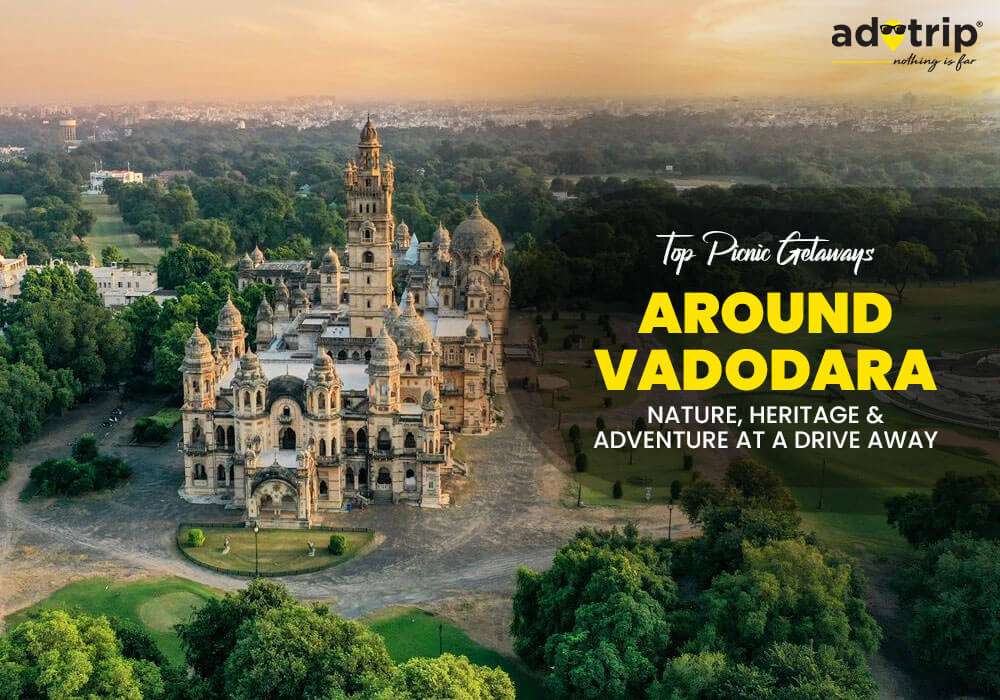
One Day Picnic Spot Near Vadodara - Nature, Heritage & Adven...

One Day Picnic Spot Near Panvel - Relax, Explore & Refresh

One Day Picnic Spot Near Nashik – Lakes, Hills & Heritage
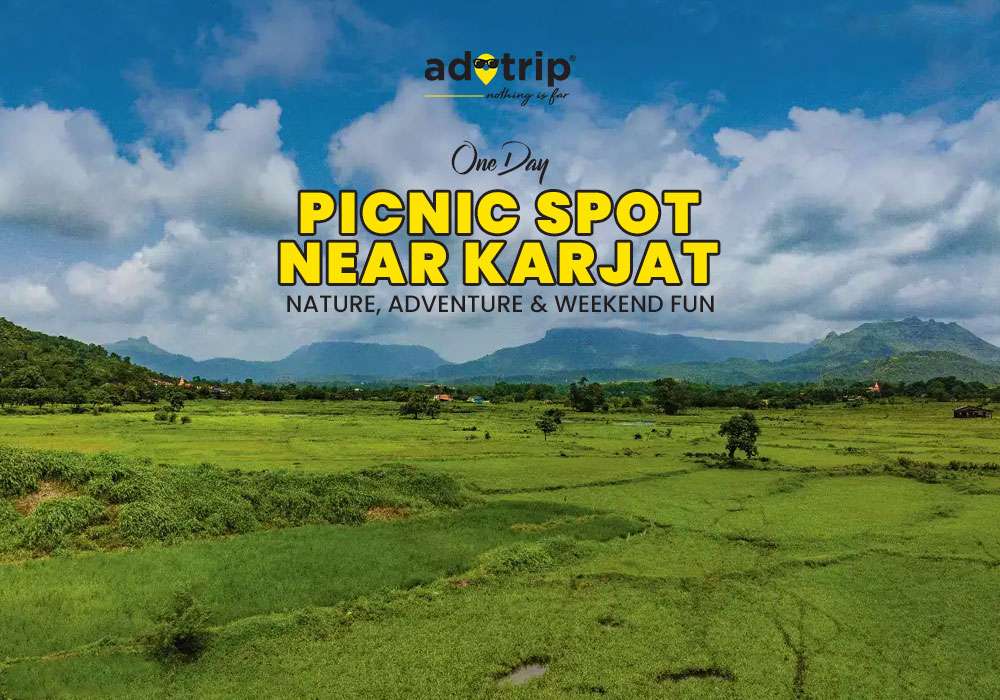
One Day Picnic Spot Near Karjat – Nature, Adventure & Weeken...
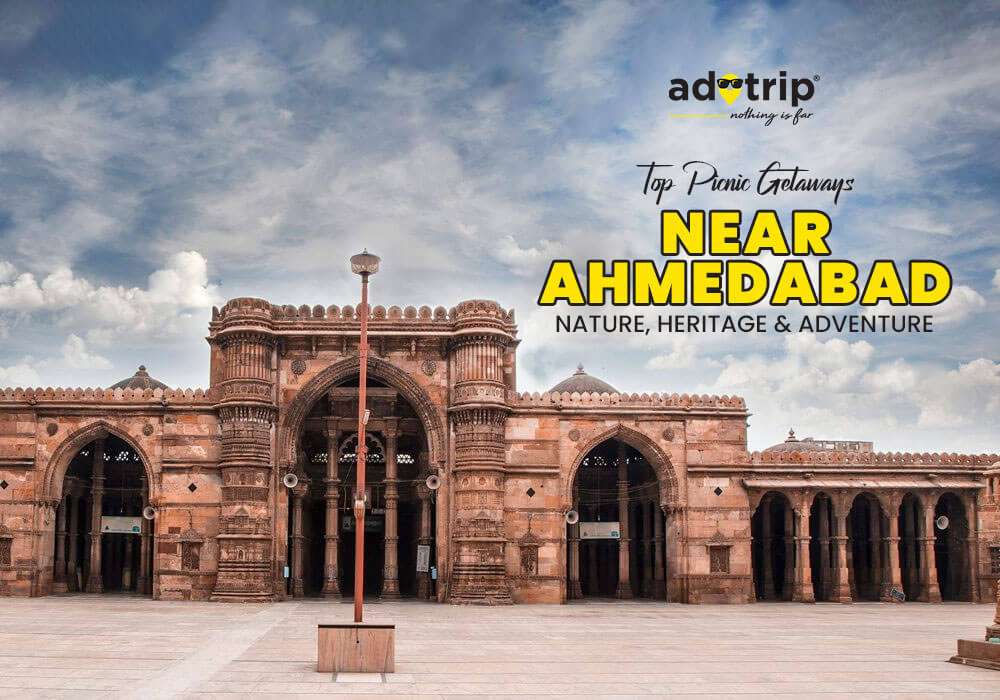


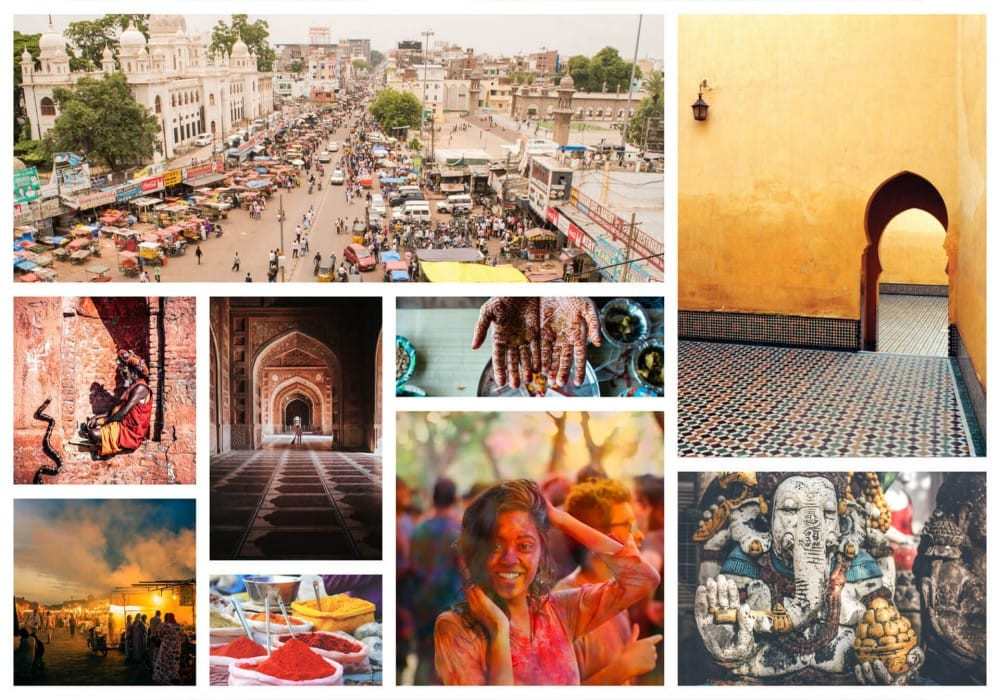
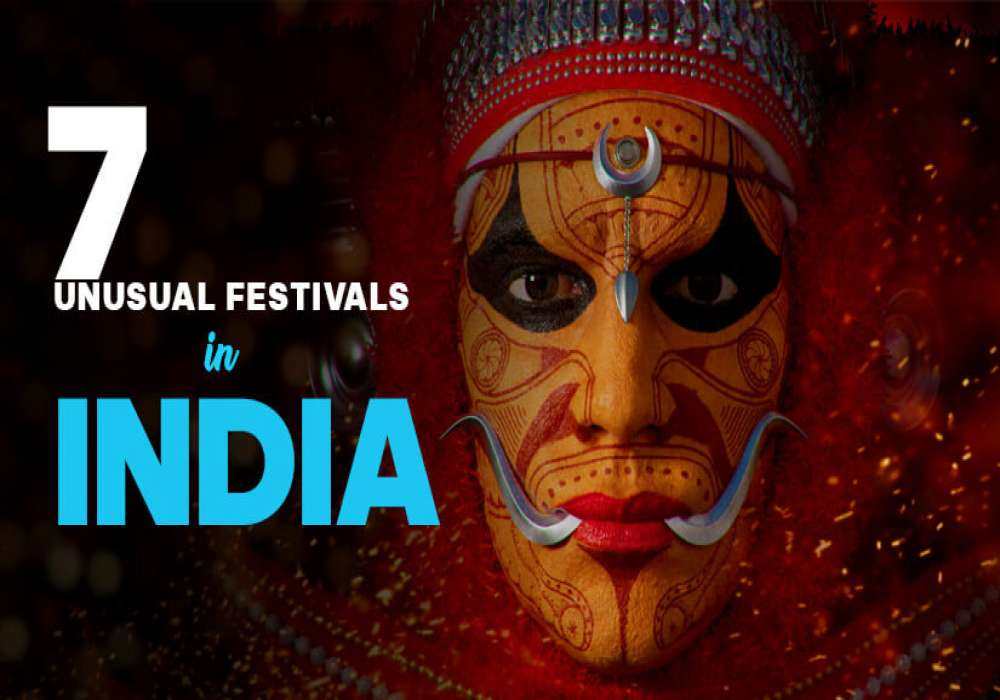


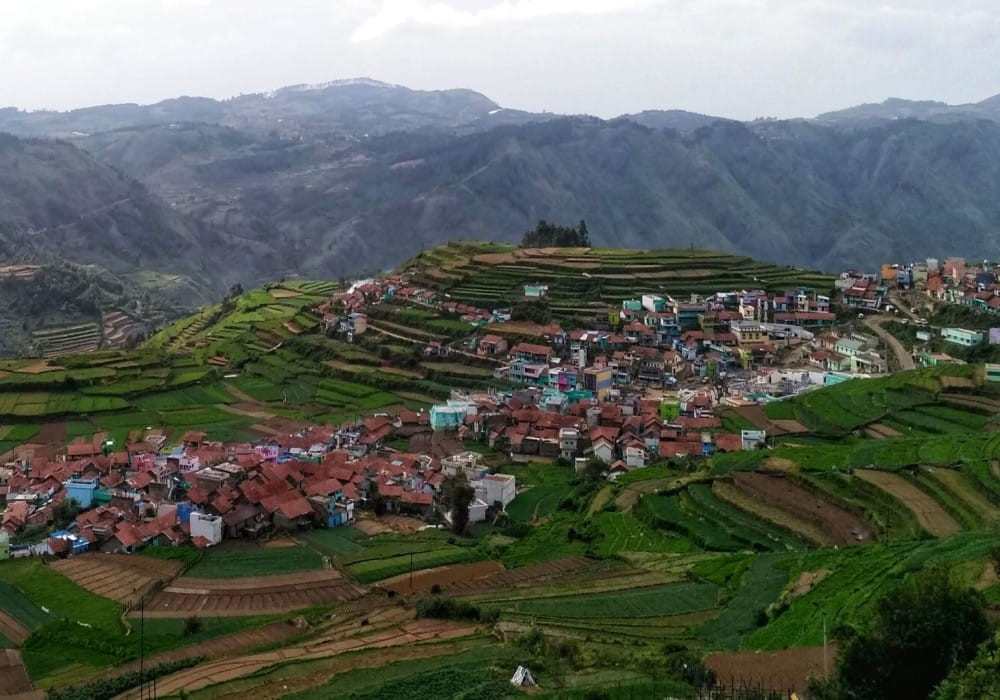
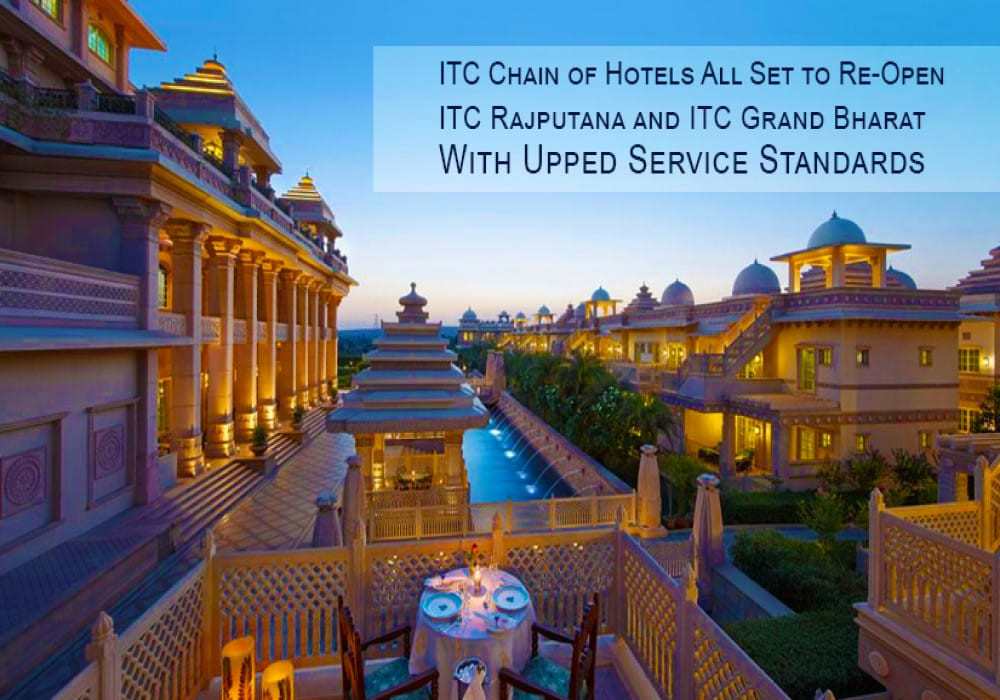
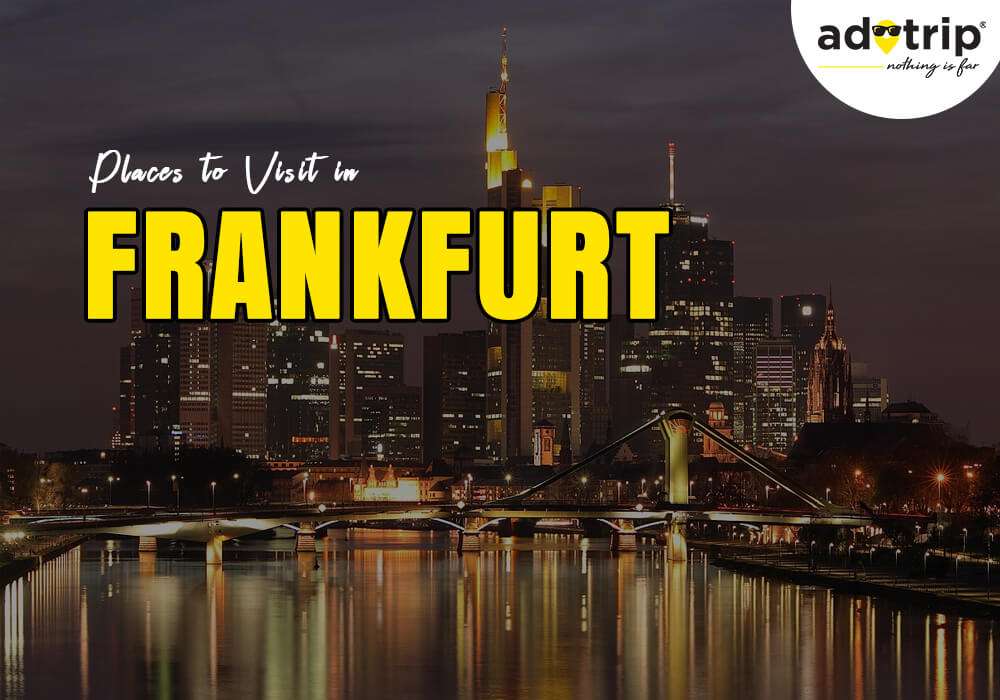
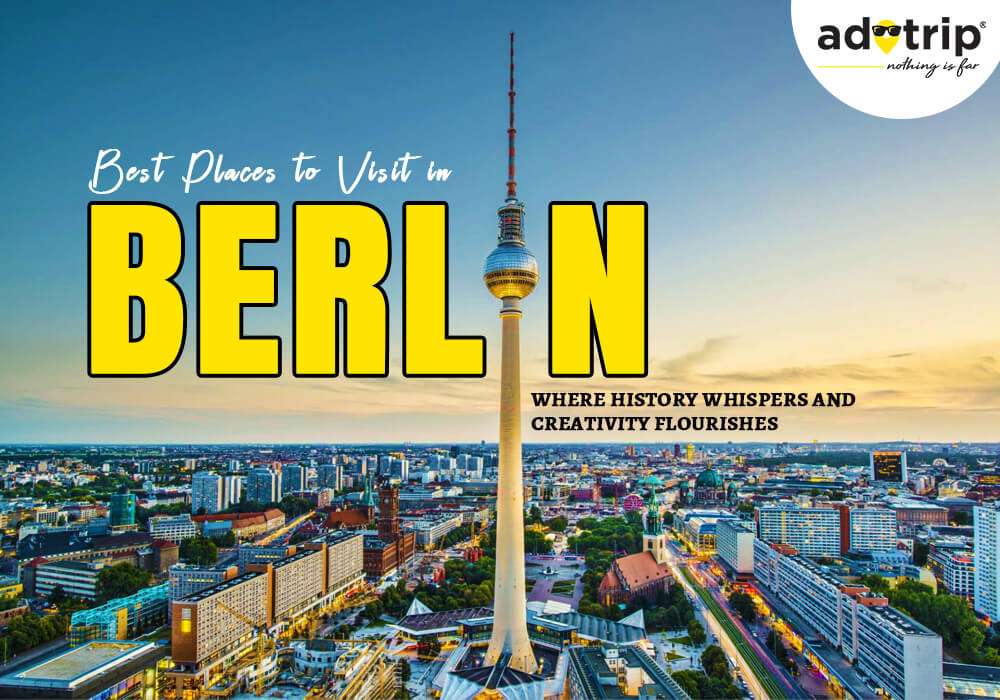
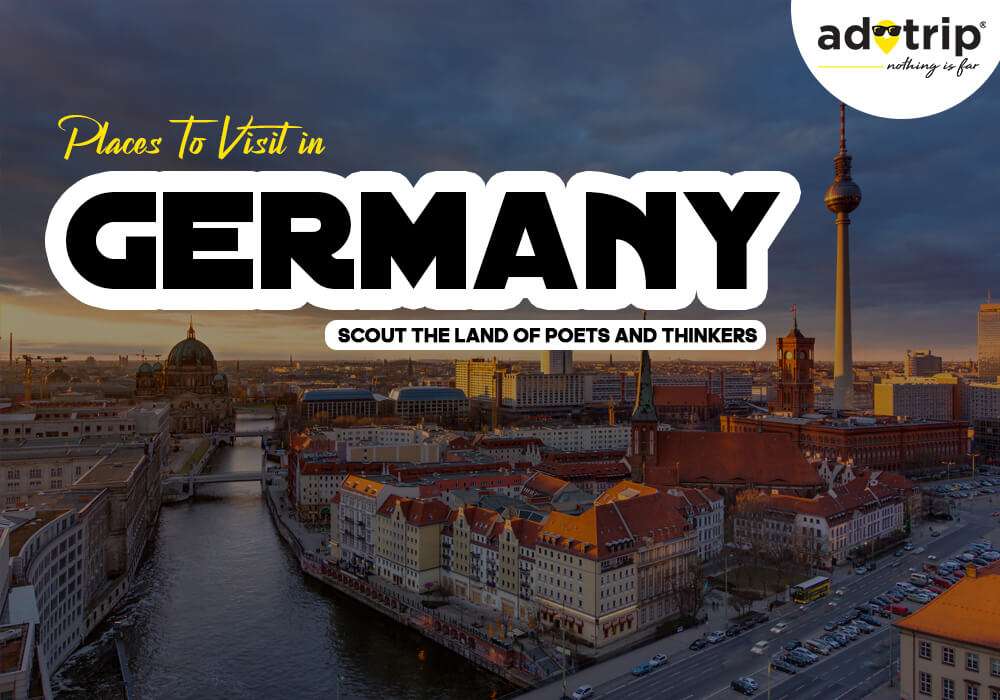
.png)
 Dubai
Dubai Malaysia
Malaysia USA
USA





